2, Apr 2024
Will 2025 Be Hotter Than 2024? A Scientific Analysis Of Global Temperature Trends
Will 2025 Be Hotter Than 2024? A Scientific Analysis of Global Temperature Trends
Related Articles: Will 2025 Be Hotter Than 2024? A Scientific Analysis of Global Temperature Trends
- 2025 E Market St, York, PA: A Comprehensive Guide
- How Many Days Until July 2025: A Comprehensive Guide To Counting Down
- Eid Ul-Fitr 2030: A Celebration Of Faith, Forgiveness, And Feasting
- Rugby World Cup 2023: A Comprehensive Preview
- Formula 1 Results 2025: A Season Of Surprises And Dominance
Introduction
With great pleasure, we will explore the intriguing topic related to Will 2025 Be Hotter Than 2024? A Scientific Analysis of Global Temperature Trends. Let’s weave interesting information and offer fresh perspectives to the readers.
Table of Content
Video about Will 2025 Be Hotter Than 2024? A Scientific Analysis of Global Temperature Trends
Will 2025 Be Hotter Than 2024? A Scientific Analysis of Global Temperature Trends
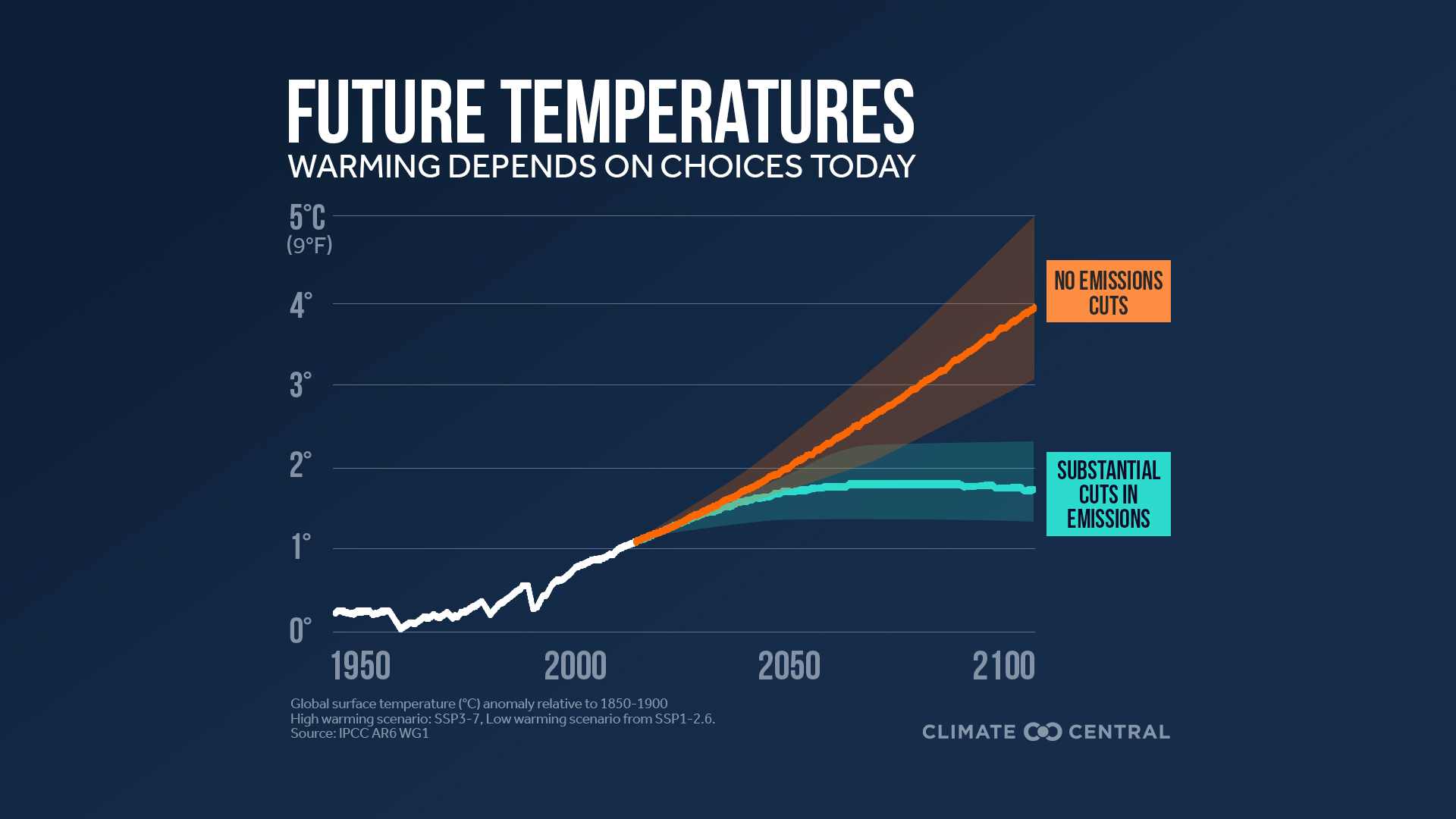
Introduction
Climate change has emerged as one of the most pressing global challenges of our time, with rising temperatures posing significant threats to human societies and ecosystems. As the world grapples with the consequences of climate change, understanding future temperature trends is crucial for developing effective mitigation and adaptation strategies. In this article, we delve into the scientific evidence to assess whether 2025 is likely to be hotter than 2024 and explore the implications of this potential increase in global temperatures.
Global Temperature Trends
Over the past century, global temperatures have risen steadily, primarily due to human activities that emit greenhouse gases into the atmosphere. These gases trap heat, leading to a gradual increase in Earth’s average temperature. According to the Intergovernmental Panel on Climate Change (IPCC), the global average temperature has increased by approximately 1.1°C since the pre-industrial era.
El Niño-Southern Oscillation (ENSO)
One of the major factors influencing year-to-year variations in global temperatures is the El Niño-Southern Oscillation (ENSO). ENSO is a natural climate cycle that involves changes in ocean temperatures and atmospheric circulation in the Pacific Ocean. During El Niño years, the Pacific Ocean becomes warmer than usual, leading to an increase in global temperatures. Conversely, during La Niña years, the Pacific Ocean cools, resulting in lower global temperatures.
Recent Temperature Trends
In recent years, the world has experienced a series of record-breaking high temperatures. The years 2016, 2019, and 2020 were the three warmest years on record, according to the World Meteorological Organization (WMO). This warming trend is consistent with the long-term increase in global temperatures due to climate change.
Predictions for 2025
Based on current climate models and historical temperature trends, scientists predict that 2025 is likely to be hotter than 2024. The WMO’s Global Annual to Decadal Climate Update for 2021-2025 indicates a high probability that the global average temperature in 2025 will be between 0.8°C and 1.2°C above the pre-industrial era.
Factors Contributing to Higher Temperatures
Several factors contribute to the predicted increase in global temperatures in 2025:
- Continued greenhouse gas emissions: Human activities, such as burning fossil fuels, deforestation, and industrial processes, continue to release greenhouse gases into the atmosphere. These gases trap heat and contribute to the long-term warming trend.
- Natural variability: The natural variability of the climate system, including ENSO, can also influence year-to-year temperature fluctuations. However, the long-term warming trend due to climate change is expected to dominate these natural variations.
- Arctic sea ice loss: As Arctic sea ice continues to melt due to climate change, more dark ocean water is exposed, which absorbs more heat from the sun. This process further amplifies global warming.
Implications of Higher Temperatures
A rise in global temperatures in 2025 and beyond has significant implications for human societies and ecosystems:
- Extreme weather events: Higher temperatures increase the frequency and intensity of extreme weather events, such as heat waves, droughts, floods, and wildfires. These events can cause widespread damage to infrastructure, agriculture, and human health.
- Sea level rise: As temperatures rise, glaciers and ice sheets melt, contributing to sea level rise. This poses a threat to coastal communities and ecosystems, particularly in low-lying areas.
- Ecosystem disruption: Changes in temperature and precipitation patterns can disrupt ecosystems, affecting biodiversity, food production, and water availability.
- Human health impacts: Extreme heat can cause heat-related illnesses, cardiovascular problems, and other health issues. Additionally, climate change can exacerbate the spread of infectious diseases and affect food security.
Mitigation and Adaptation
To mitigate the risks associated with rising temperatures, it is essential to take action to reduce greenhouse gas emissions and adapt to the changing climate. Mitigation measures include transitioning to renewable energy sources, improving energy efficiency, and reducing deforestation. Adaptation strategies involve building resilient infrastructure, implementing early warning systems, and developing drought-resistant crops.
Conclusion
Based on scientific evidence, it is likely that 2025 will be hotter than 2024. This predicted increase in global temperatures underscores the urgency of addressing climate change and implementing comprehensive mitigation and adaptation strategies. By taking collective action to reduce greenhouse gas emissions and adapt to the changing climate, we can work towards a more sustainable and resilient future for our planet and its inhabitants.
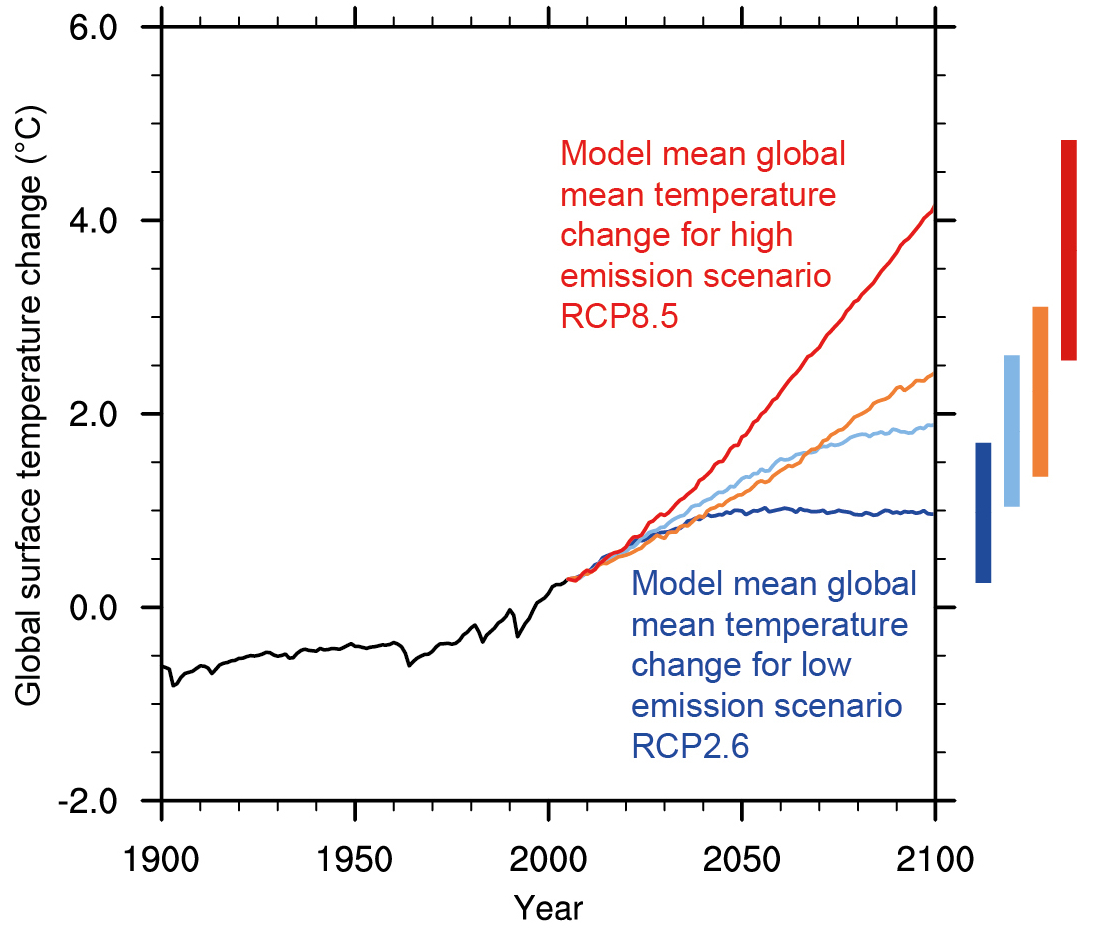
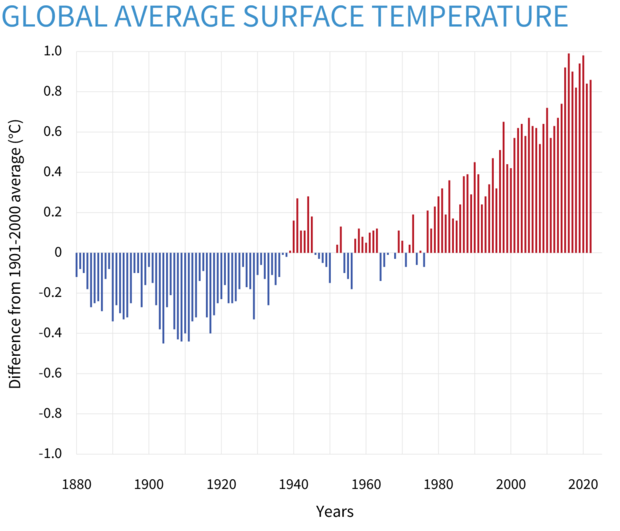
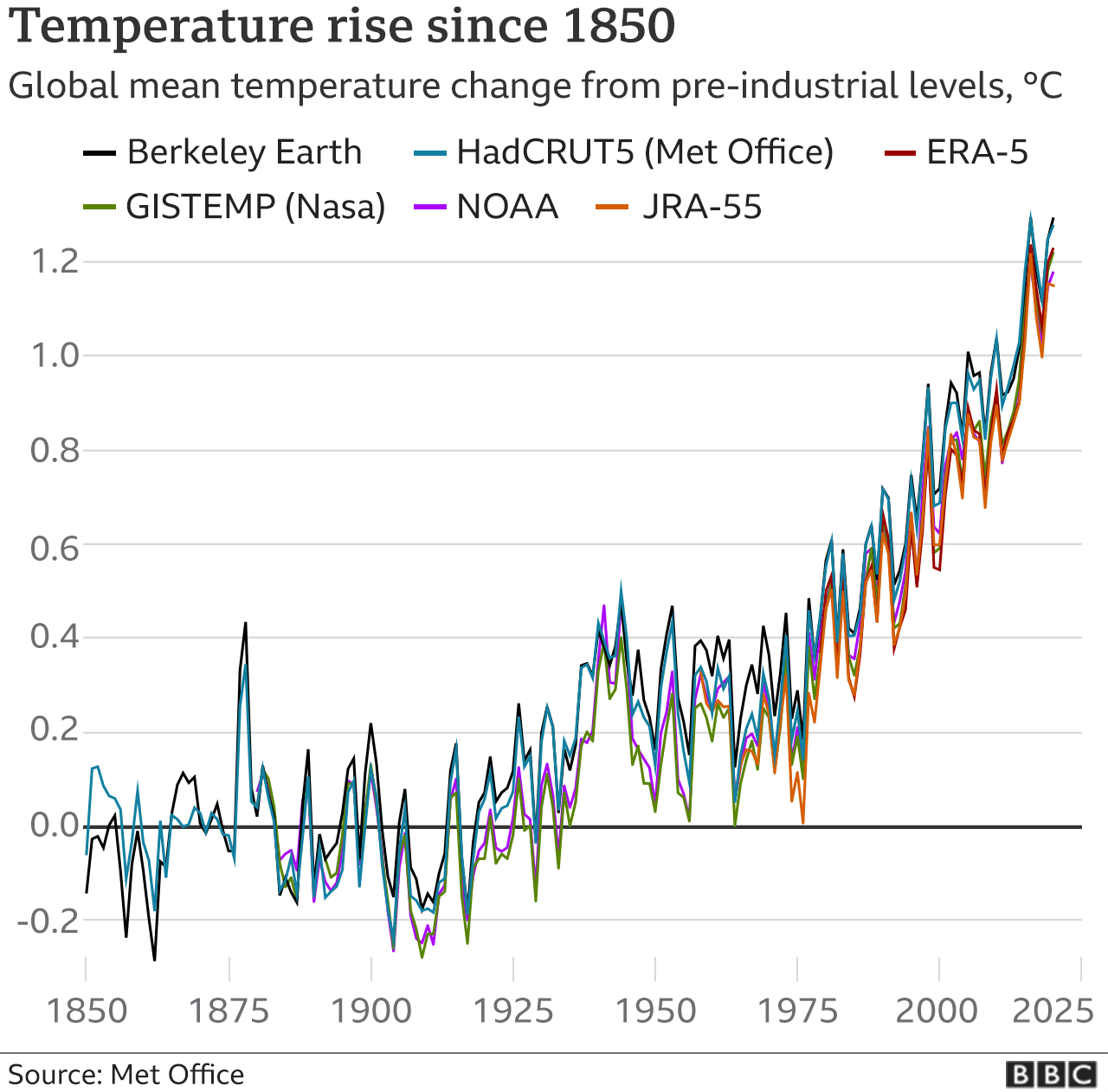

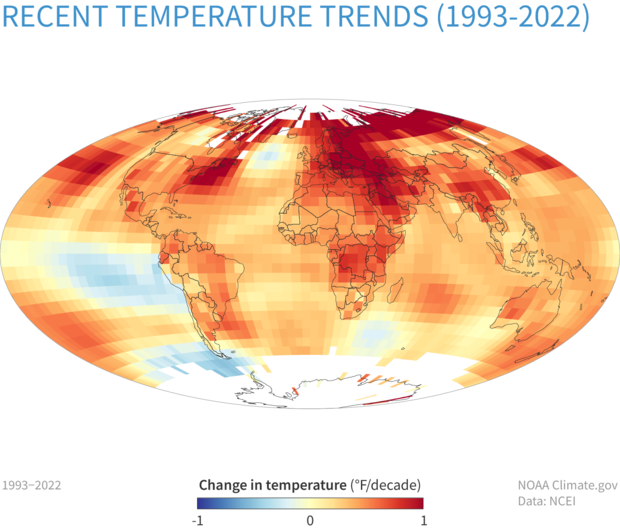

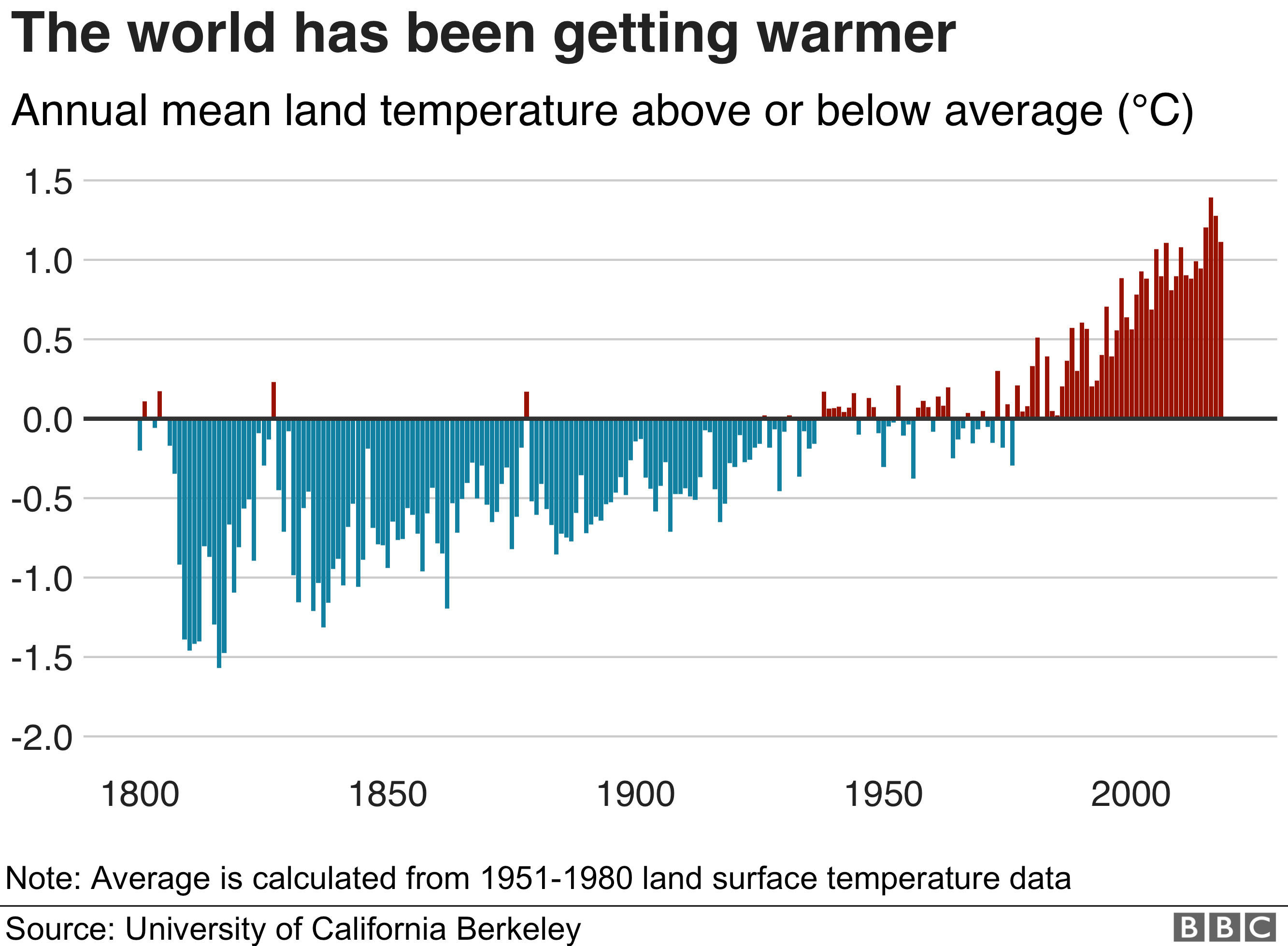

Closure
Thus, we hope this article has provided valuable insights into Will 2025 Be Hotter Than 2024? A Scientific Analysis of Global Temperature Trends. We hope you find this article informative and beneficial. See you in our next article!
- 0
- By admin